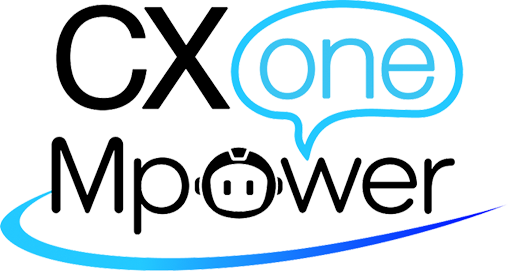Optimize content for search
- Last updated
- Save as PDF
Expert automatically handles many aspect of technical SEO and includes features to optimize your content even further.
CXone Mpower Expert features to leverage for SEO
Content Strategy for SEO
Consider SEO as part of findability for an overall user-focused content strategy. Findable content is available wherever your users are and uses their words.
Combine a user-focused keyword analysis with a topic cluster SEO strategy to optimize for search engines and users.
For further guidance, contact your Customer Success Manager or see the Google Search Engine Optimization (SEO) Starter Guide.
Page Summary
Add a Page Summary for external search engines to know more details for what the page is about. The Page Summary also appears in CXone Mpower Expert search results and in detailed view on Category pages.
Page Summary should provide a brief overview of what is covered in the page or section. Consider adding verbiage that covers the main point and includes words that your users would typically search for to find the information covered on that page.
Page Titles
Write unique and specific page titles that clearly indicate what information is contained on the page. Place the most important keywords as close to the beginning of the title as possible. By default, page titles automatically create the page URL to match.
For longer page titles, especially on Category and Guides pages with many child pages, decouple the page title to specify a different URL. A custom URL should still include important keywords from the page title, but can be a shortened version to reduce the length of all child URLs. For example, the Manage Content Category on Success Center has a shorted URL of just "Manage" so that all child page URLs are shorter.
You can also decouple a page link to be different from the page title if your page titles have special characters that should not appear in page URLs.
Content Elements
- Lists: Wherever it makes sense, organize content into ordered or unordered lists
- Images: Adding images to a page can boost ranking in search engines.
- Always set images to the Responsive option (resize before uploading if needed), and be sure to use meaningful Alt tags and file names for attached images.
- Strategically add useful images on relevant pages rather than extraneous images to all pages just to try to gain an SEO boost.
- Consider using a third party image compression tool to reduce image file size.
- Conditional Content: Use Pro Member only conditional text to allow as many pages as possible to remain public but still protect sensitive information.
Reports and Tools
- Site Structure Analysis - address structure errors to keep your site structure healthy
- Link Manager - find and correct broken links in your content
- Google Analytics - look for sessions landing on 404 pages to find and correct broken links located outside your content
- Content ID Manager - use Content IDs for external links that can be controlled dynamically to prevent external broken links
- Google Search Console - configure Search Console for your site for additional SEO insight and tools
- Google Page Speed Insights or Google Lighthouse - test your site regularly to make sure speed stays consistent if you customize your site.
Optimize for Expert Search
- Use Search Insights to find optimization opportunities for your Expert site search
- Create search recommendations to improve results for important or popular search queries
- Add Tags to improve Recommended Articles and improve search results for synonyms (Tags in Expert do not influence external SEO)


